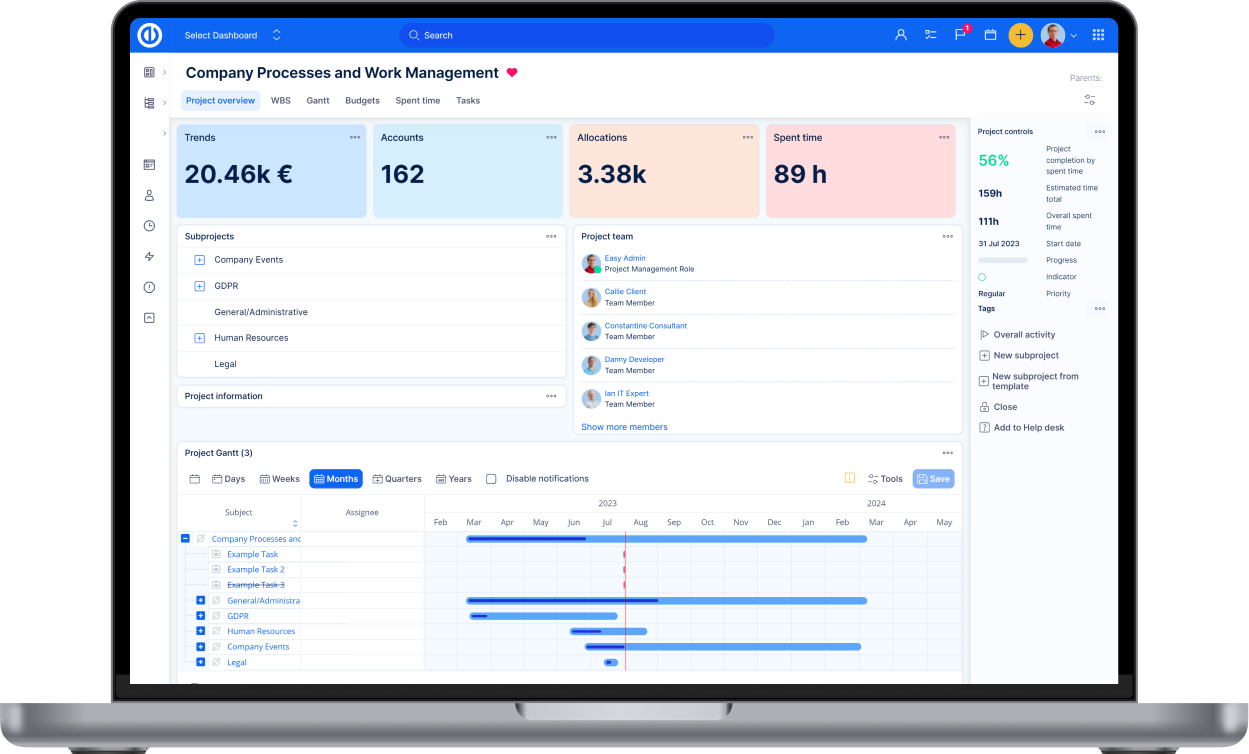What are the security implications of self-hosted Jira Server?
Self-hosted Jira Server is no longer available for new clients.
But it required robust security measures to mitigate risks such as unauthorised data access and potential vulnerabilities due to its open nature.
The importance of security in the Jira server
When managing a self-hosted Jira Server, ensuring robust security protocols is crucial. Unlike cloud solutions, a self-hosted server places more responsibility on your organisation to implement and maintain high standards of data security.
Authentication and access control
Jira Server relies heavily on proper authentication mechanisms, such as OAuth, to prevent unauthorised access. It's critical to enforce strict access control policies to limit who can view and modify sensitive information. This helps in mitigating risks associated with potential data breaches.
Data protection and vulnerability management
Add-ons like Security for Jira are essential for scanning projects and attachments for sensitive data that shouldn't be stored without encryption. Constantly updating the Jira software and conducting regular security audits can help identify vulnerabilities that could be exploited by malicious entities.
The role of the WorkOps platform
Adopting a WorkOps platform like Easy Redmine can enhance security by offering EU-compliant data protection standards, which may outperform the native security settings of Jira Server. This could serve as a more secure alternative for businesses handling sensitive information.
